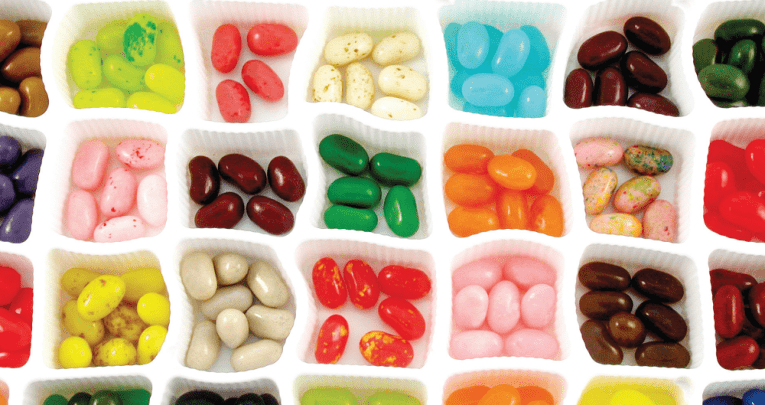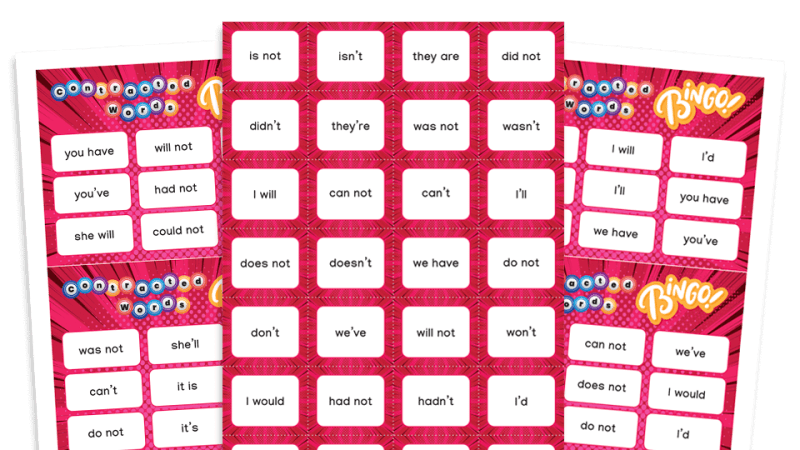Differentiation is a Waste of Time and Robs Children of Their Chance to Succeed

Fixed ability groups in which ‘lower ability’ pupils are denied any real challenge are harming children's learning potential, say Christine Chen and Lindsay Pickton

The phrase ‘can of worms’ springs to mind as soon as we start challenging received orthodoxies around differentiation. And yet, in an educational climate in which Carol Dweck’s concept of fixed mindset and growth mindset has moved from the excitement of a new romance to comfortable cohabitation, we are still encountering rigid setting and in-class ability grouping.
Hear that can of worms opening?
We want to challenge traditional classroom practice where children are rigidly grouped by ability and each group is given a different task. It’s a massive, controversial topic and much of what we say will beg questions – questions to which we don’t yet have the answers.
But we want to provoke debate because many of the received orthodoxies of differentiation are eating up teachers’ time without leading to the desired outcomes.
Exploring the depths
We are not suggesting that in every lesson all children should do the same thing in the same way. Some children have very lucky starts in life and arrive before us with advanced vocabularies, rich experiences, knowledge of basic story structures, and all the confidence in their ability to learn that these things inevitably bring.
Others have had none of these things; some can barely speak on arrival in Foundation Stage. But when children from disadvantaged backgrounds are labelled Lower Ability or, shudder, ‘littlies’) and placed in rigid ability groups, it presents a problem.
Without cognitive challenge, how are these pupils ever to reach the golden ‘nationally expected standard’? How often do we hear that ‘the gap gets wider’?
An analogy with swimming clarifies.
A class of children is required to swim 25 metres. Some can swim further already, and they need challenge: faster, further, different strokes. Others can’t swim at all, but if they stay in the baby pool, they’ll never develop the technique, stamina, or the courage to go out of their depth. Asking them to do so after years of paddling would be cruel.
In this example, differentiation by outcome is dangerous and some children may be put off for life! If these non-swimmers are to get to the expected 25m standard, they will need to experience the length and depth of the full pool – aided with floats, adults carrying poles they can grab, always being near the side, and so on.
Some shallow-pool practice may help with technique, but we must limit decontextualised work: practice must be as similar to the desired outcome as possible.
Flexible, not rigid Ability grouping can also get in the way of collaboration, which is one of the most important strategies for learning and for success in life.
If children are seated in ability groups, the opportunities for cooperative learning are likely to be much greater on some tables than others; it may also create a table that ‘has to have an adult to do any work at all’. Why do they need to be together? What are they learning from one another?
On many occasions, mixed seating works well as it encourages peer learning (and teaching). At other times, it is useful to bring children with a similar need together for some brief, focused skill-teaching.
Or we may assemble a group of current high achievers to go deeper, and then explain their new learning to the class.
Flexible grouping would seem to be the solution.
Hidden abilities
This brings up the issue of what we really mean by ‘high’ or ‘low ability’. In writing, for example, we have met ‘low ability’ children with terrible transcription, but whose compositional skills exceed age-related expectations.
Their classmates, on the other hand, with lovely handwriting and pedestrian composition, receive a higher level of expectation and challenge.
A similar scenario is not uncommon in reading, where children with poor word reading but great comprehension find themselves switched off by basic books.
Let’s redefine differentiation The term ‘differentiation’ suggests ‘different’, and this is what we really want to challenge. What if, for those children whose experiences have been rich, we talked instead of deepening – through comparison, evaluation, and synthesis?
And for those children who have been less fortunate with their experiences so far, what if we talked about access? How will they access the swim, the story, the understanding?
In maths, this has often been addressed through the use of multilink, number lines and other props.
What might this look like in English?
Greater depth of analysis can be planned for by having children make comparisons to texts by the same author or on a similar theme.
If careful judgement is applied, differentiation by outcome may sometimes be appropriate. Let’s give children the opportunity to surprise us.











